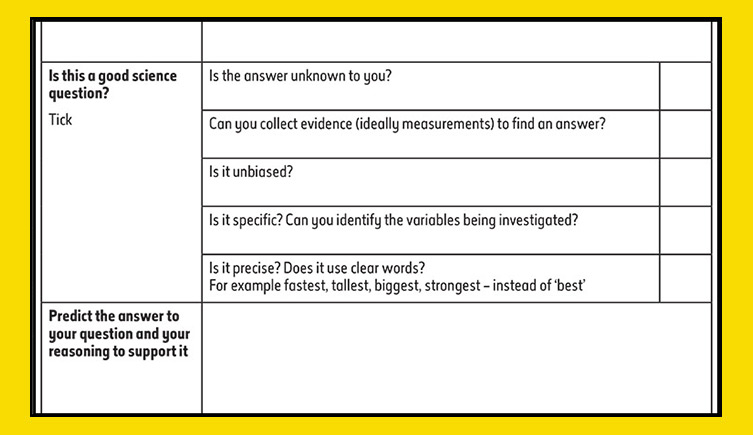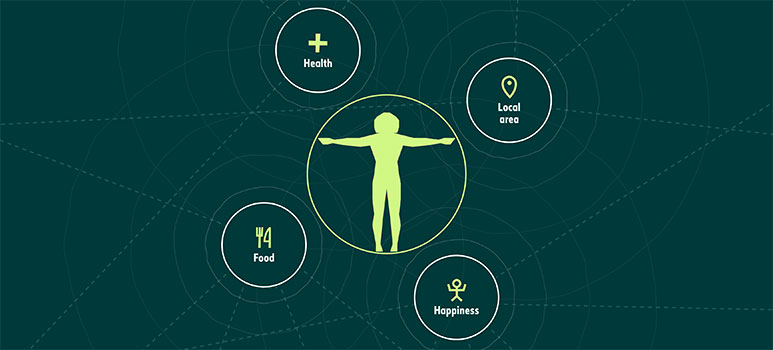Third Level Scientific Skills
Inquiry and Investigative Skills:
Plans and designs scientific investigations and enquiries:
- Demonstrates initiative and increasing independence in identifying a number of key questions and in formulating aims, predictions and hypotheses based on information, observations and knowledge.
- Designs procedures to test a hypothesis and identifies the independent, dependent and controlled variables, with limited assistance.
- Anticipates most risks and hazards.
- Demonstrates increased levels of collaboration and initiative in decision-making about samples, measurements, equipment and procedures to use.


